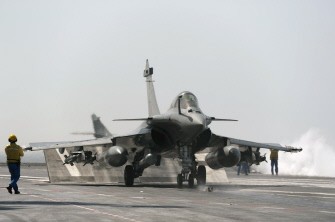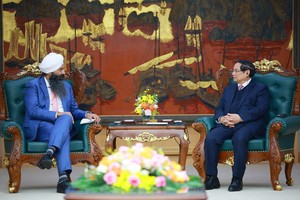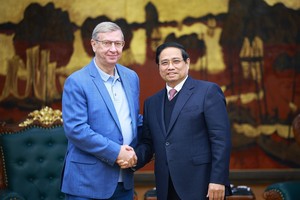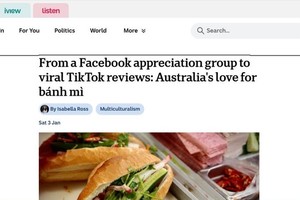LONDON, March 30, 2011 (AFP) - The London talks on Libya marked a watershed moment in the international response to the crisis there, but highlighted the tough choices which lie ahead, Britain's press said Wednesday.
The work of British Prime Minister David Cameron and French President Nicolas Sarkozy to secure a UN resolution to sanction military assistance for rebels fighting leader Moamer Kadhafi was also crucial, commentators argued.

"Go back two weeks, there seemed to be no way of preventing this catastrophe from unfolding," The Times newspaper said in its editorial.
"But, from somewhere, David Cameron and Nicolas Sarkozy conjured a permissive UN Resolution, and within 48 hours the situation in Libya had been transformed.
"That was an extraordinary achievement in itself," the paper said.
Britain's newspapers were taking stock the day after 40 nations met in the British capital to establish a contact group on the ongoing Libyan situation.
For the centre-right Daily Telegraph, the front-seat role taken by France and Britain in the events leading up to Tuesday's meeting heralded a climbdown in US foreign policy.
Tuesday's talks "marked the moment when the United States took a decisive step back on the world stage after a decade of robust assertiveness," it said in its editorial.
"Yesterday's conference was chaired by the UK. In future, the US will not be in the driving seat," it argued.
But it added: "Many in Europe will welcome this; we do not. For the reality is that when the going gets tough, only the US has the muscle to make a difference."
The Independent also dwelled on President Barack Obama's response.
His overriding philosophy was becoming more clear, it argued in its editorial.
"This president is a pragmatist and he has left his options open," it said.
"That has been realpolitik throughout the ages. It is also the Obama doctrine."
But one columnist in the centre-left Guardian urged caution.
"Put simply, how can the allies keep attacking Libya if the threat that brought them there is receding?" the paper's Jonathan Freedland asked.
"The UN approved military action...for a very specific reason: to 'protect civilians and civilian populated areas under threat of attack'.
"If the knife is no longer at the throat and if, thanks to coalition air strikes, the knife has now been severely blunted, isn't the basis for this intervention melting away?" the columnist suggested.
























